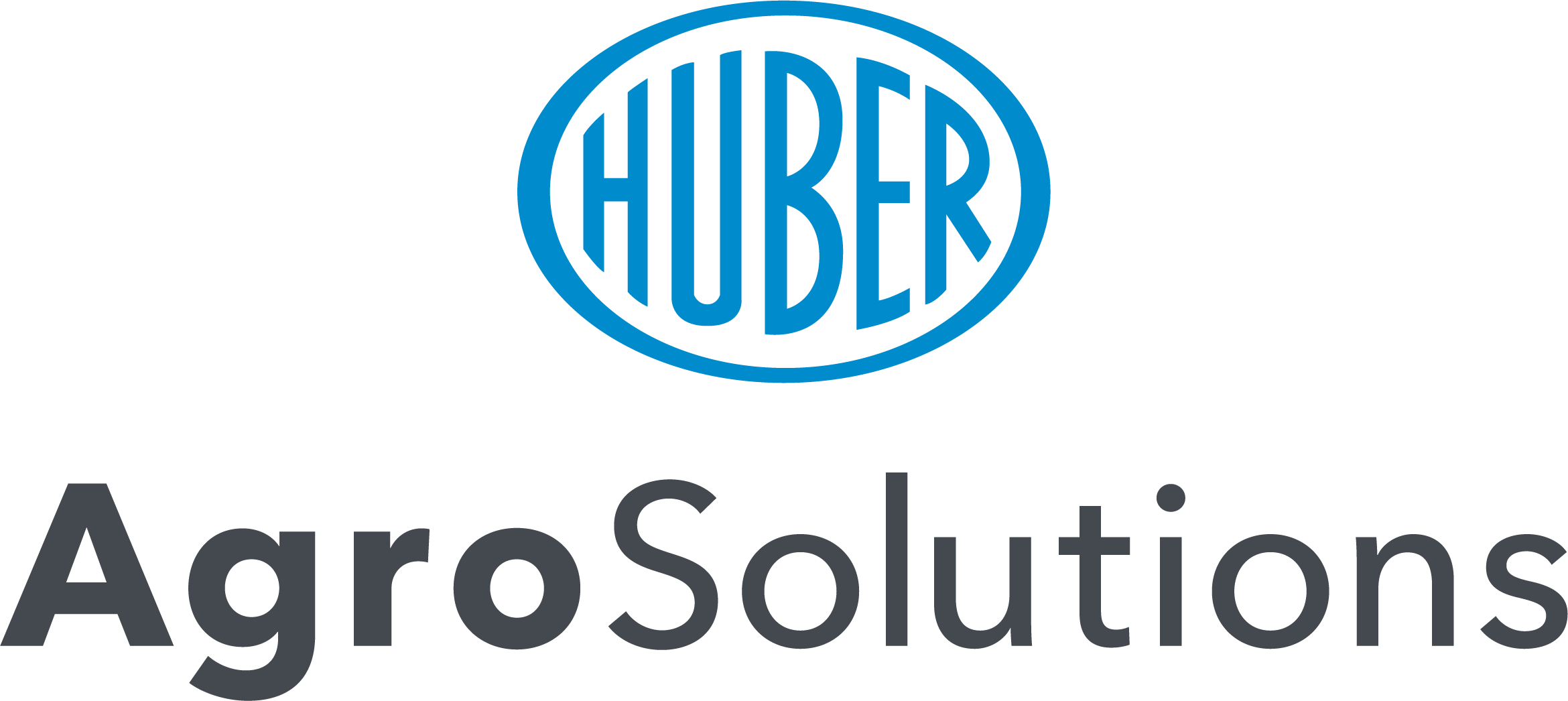BIOSTIMULANT
What is it?
ILSAFITOCELL is a biostimulant from a vegetal source, obtained from an enzymatic hydrolysis process hydrolysing alfalfa tissues. The exclusive FCEH® process, patented by ILSA, allows the extraction of organic nitrogen, natural triacontanol, plant extracts and amino acids, partly free and in the left-handed form, the one form used by plants and which only the enzymatic hydrolysis process can fully guarantee.
What does it do?
The components of ILSAFITOCELL allow having more effects on cultivated plants.
WHAT IT DOES FOR VEGETATIVE DEVELOPMENT: ILSAFITOCELL stimulates the vegetative development of newly formed shoots, particularly the elongation of the flower clusters and the rachis on the vine thus allowing it to do so a more regular flowering and fruit formation. Applied after any frost, hail, or other extreme weather events, ILSAFITOCELL also allows rapid regeneration of plant tissues and the rebalancing of physiological processes.
WHAT IT DOES FOR THE FRUIT SIZE: ILSAFITOCELL favours the increase and uniformity of the fruit size, increases their quality, in terms of consistency, aroma, sugar content and, in particular for the vine, of RAN (readily assimilable nitrogen).
How is it used?
ILSAFITOCELL should be applied by foliar application on tree and vegetable crops, in different phases of the crop cycle, depending on the final goal: during the development of the flower clusters, after freezing or cold returns and in the post-fruit setting, to stimulate an increase in fruit size and quality. The nature of the components of ILSAFITOCELL allows it to be used in organic farming.
Chemical and physical features
- LIQUID COLOR BROWN
- pH 5,0 ± 0,5
- DENSITY 1,21 ± 0,02 kg/dm3
- CONDUCTIVITY E.C. 2,00 ± 0,20 dS/m
COMPOSITION
-
Total Nitrogen (N) 5 %
- Organic Nitrogen (N) 5 %
- Organic Carbon (C) 19,5 %
- Total Aminoacids 31 %
- Free Aminoacids 3,5 %
- Natural Triacontanol (mg/kg) 5 mg/kg
Contains in particular
- ALFALFA PROTEIN HYDROLYSATE
Characterising substances
- PLANT-BASED PEPTIDES, FREE AMINO ACIDS AND OLIGOPEPTIDES WITH LOW MOLECULAR WEIGHT, ORGANIC TRIACONTANOL AND PLANT EXTRACTS
ACTIONS OF THE CHARACTERISING SUBSTANCES
| Increase and uniformity of the fruit size | Vegetative development and regeneration of plant tissues | |
|---|---|---|
| PLANT-BASED PEPTIDES |

|

|
| FREE AMINO ACIDS AND OLIGOPEPTIDES |

|

|
| ORGANIC TRIACONTANOL AND PLANT EXTRACTS |

|

|
Doses and methods of use of the fertilizer
-
Citrus
-
All3-4 kg/ha3-4 applications, every 15-20 days, from pre-flowering to fruit development
-
-
Fruit
-
Blackberry2,5-3 kg/ha3-4 applications, every 15-20 days, from pre-flowering to fruit development
-
Blackcurrant2,5-3 kg/ha3-4 applications, every 15-20 days, from pre-flowering to fruit development
-
Blueberry2,5-3 kg/ha3-4 applications, every 15-20 days, from pre-flowering to fruit development
-
Fig2,5-3 kg/ha3-4 applications, every 15-20 days, from pre-flowering to fruit development
-
Gooseberry2,5-3 kg/ha3-4 applications, every 15-20 days, from pre-flowering to fruit development
-
Hazelnut2,5-3 kg/ha3-4 applications, every 15-20 days, from pre-flowering to fruit development
-
Kiwi3-4 kg/ha3-4 applications, every 15-20 days, from pre-flowering to fruit development
-
Persimmon2,5-3 kg/ha3-4 applications, every 15-20 days, from pre-flowering to fruit development
-
Pistachio2,5-3 kg/ha3-4 applications, every 15-20 days, from pre-flowering to fruit development
-
Pomegranate2,5-3 kg/ha3-4 applications, every 15-20 days, from pre-flowering to fruit development
-
Raspberry2,5-3 kg/ha3-4 applications, every 15-20 days, from pre-flowering to fruit development
-
Redcurrant2,5-3 kg/ha3-4 applications, every 15-20 days, from pre-flowering to fruit development
-
Sorb2,5-3 kg/ha3-4 applications, every 15-20 days, from pre-flowering to fruit development
-
Walnut2,5-3 kg/ha3-4 applications, every 15-20 days, from pre-flowering to fruit development
-
-
GrapeVine
-
All3-4 kg/ha3-4 applications, every 15-20 days, from pre-flowering to fruit development
-
-
Leafy vegetables
-
Chicory2-2,5 kg/ha2-4 applications every 8-10 days from 10 days after transplanting
-
Lettuce2-2,5 kg/ha2-4 applications every 8-10 days from 10 days after transplanting
-
-
Legumes and potatoes
-
Sweet Potato1,5-2,5 kg/ha2-4 applications every 8-10 days from 10 days after transplanting
-
-
Olive Tree
-
All2,5-3 kg/haFrom blossoming to olive ripening every 15 days
-
-
Pome fruits
-
All2,5-3 kg/ha3-4 applications, every 15-20 days, from pre-flowering to fruit development
-
-
Stone fruits
-
All2,5-3 kg/ha3-4 applications, every 15-20 days, from pre-flowering to fruit development
-
-
Vegetables
-
Asparagus1,5-2,5 kg/ha2-4 applications every 8-10 days from 10 days after transplanting
-
Brussels sprouts1,5-2,5 kg/ha2-4 applications every 8-10 days from 10 days after transplanting
-
Carrot1,5-2,5 kg/ha2-4 applications every 8-10 days from 10 days after transplanting
-
Cauliflower1,5-2,5 kg/ha2-4 applications every 8-10 days from 10 days after transplanting
-
Courgette2-2,5 kg/ha3-5 applications, alternately, from vegetative growth to fruit enlargement
-
Cucumber / Gherkin2-2,5 kg/ha3-5 applications, alternately, from vegetative growth to fruit enlargement
-
Eggplant2-2,5 kg/ha3-5 applications, alternately, from vegetative growth to fruit enlargement
-
Fennel1,5-2,5 kg/ha2-4 applications every 8-10 days from 10 days after transplanting
-
Garlic / Scallion1,5-2,5 kg/ha2-4 applications every 8-10 days from 10 days after transplanting
-
Melon2-2,5 kg/ha3-5 applications, alternately, from vegetative growth to fruit enlargement
-
Onion1,5-2,5 kg/ha2-4 applications every 8-10 days from 10 days after transplanting
-
Pepper2-2,5 kg/ha3-5 applications, alternately, from vegetative growth to fruit enlargement
-
Processing Tomato2-2,5 kg/ha3-5 applications, alternately, from vegetative growth to fruit enlargement
-
Savoy Cabbage1,5-2,5 kg/ha2-4 applications every 8-10 days from 10 days after transplanting
-
Spring Cabbage1,5-2,5 kg/ha2-4 applications every 8-10 days from 10 days after transplanting
-
Strawberry2,5-3 kg/haEvery 10 to 15 days from pre-flowering throughout the harvest time
-
Tomato2-2,5 kg/ha3-5 applications, alternately, from vegetative growth to fruit enlargement
-
Watermelon2-2,5 kg/ha3-5 applications, alternately, from vegetative growth to fruit enlargement
-
The dose indicated in the table has been calculated by taking into account an irrigation volume of about 500-600 litres of water per application. The doses shown should be considered as merely indicative and may vary according to pedoclimatic conditions and average yields expected.
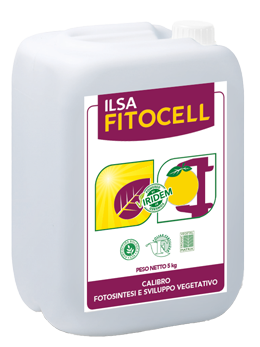

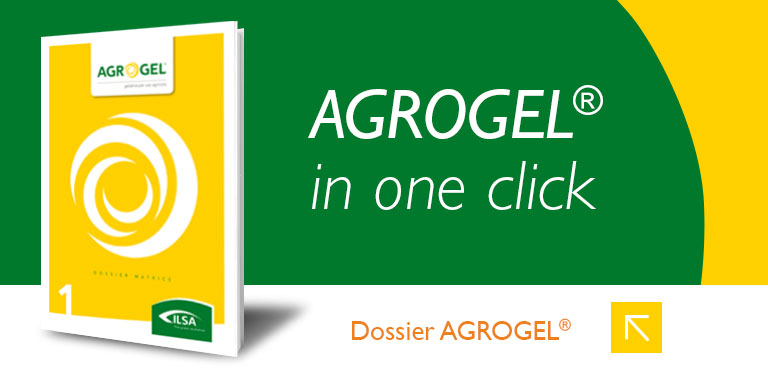
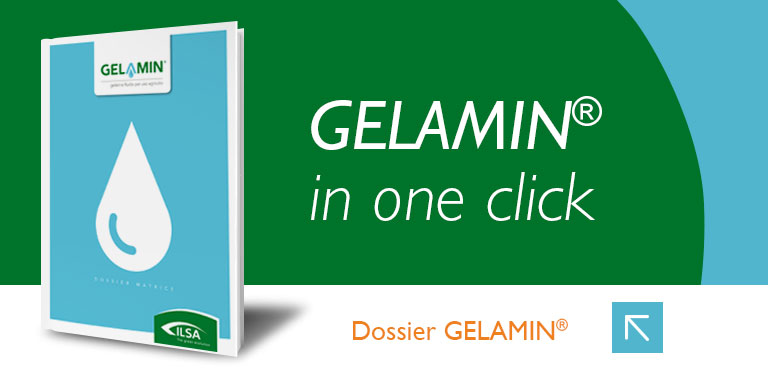
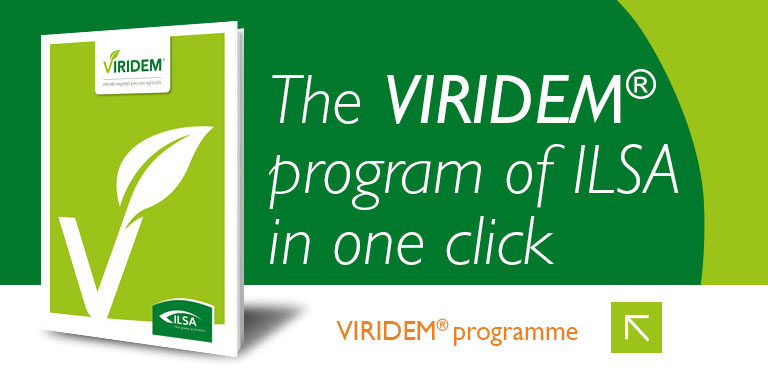

.png)















